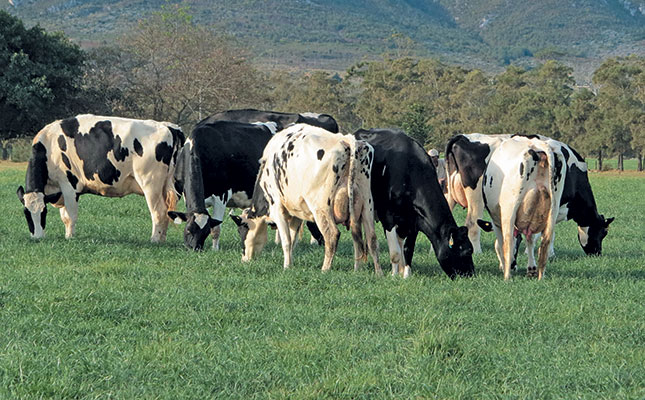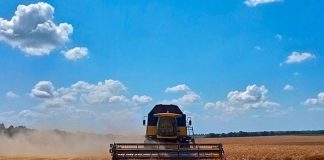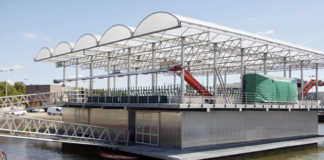
“We don’t want to reach a stage where consumers are given the message that from an environmental perspective there is ‘green’ or good protein, and ‘red’ or bad protein and that dairy is somehow a ‘red’ protein,” she said.
Speaking at the recent IDF world summit in Northern Ireland, Evers said it was also imperative to get the message out that dairy was an integral part of a sustainable diet.
IDF president Judith Bryans concurred, saying that dairy is committed to feeding the world with nutritious foods and protecting the environment.
She added that the “global dairy community” was one billion people strong, and fed six billion consumers.
“We have a strong story to tell in terms of nutrition and the progress we are making environmentally. We have a vision, we have our goals, and we will spare no effort in achieving them.”
Véronique Pilet, head of economics at French dairy inter-branch organisation CNIEL, said that the global dairy market remained uncertain and supply and demand volatility was “here to stay”.
Nonetheless, “dynamism” in the EU and US markets was leading recovery.
“Production prospects over the next few months remain good. Butter prices are at an all-time high. However, skimmed milk powder prices are still eroding,” she said.
Pilet added that the recovery followed a year when global dairy production and consumption were stagnant.
Milk production rose 0,9% in 2016.
“Historical lows are giving way to a period of recovery. We’re now seeing a stronger demand for dairy,” she said.
New Zealand remained the world’s largest exporter of dairy with a 29% share of the market, followed by the European Union at 28% and the US at 24%.
Arla Foods UK managing director Tomas Pietrangeli said the departure of the UK from the EU meant that dairy industry faced “the biggest seismic change in the political and financial landscape in our lifetime”.
He added that the end of free trade was a major risk and the UK government needed to publish its plans for agriculture at the earliest opportunity.
“Any delay would be detrimental to the industry. We need to have tariff-free and barrier-free trading conditions,” he said.













